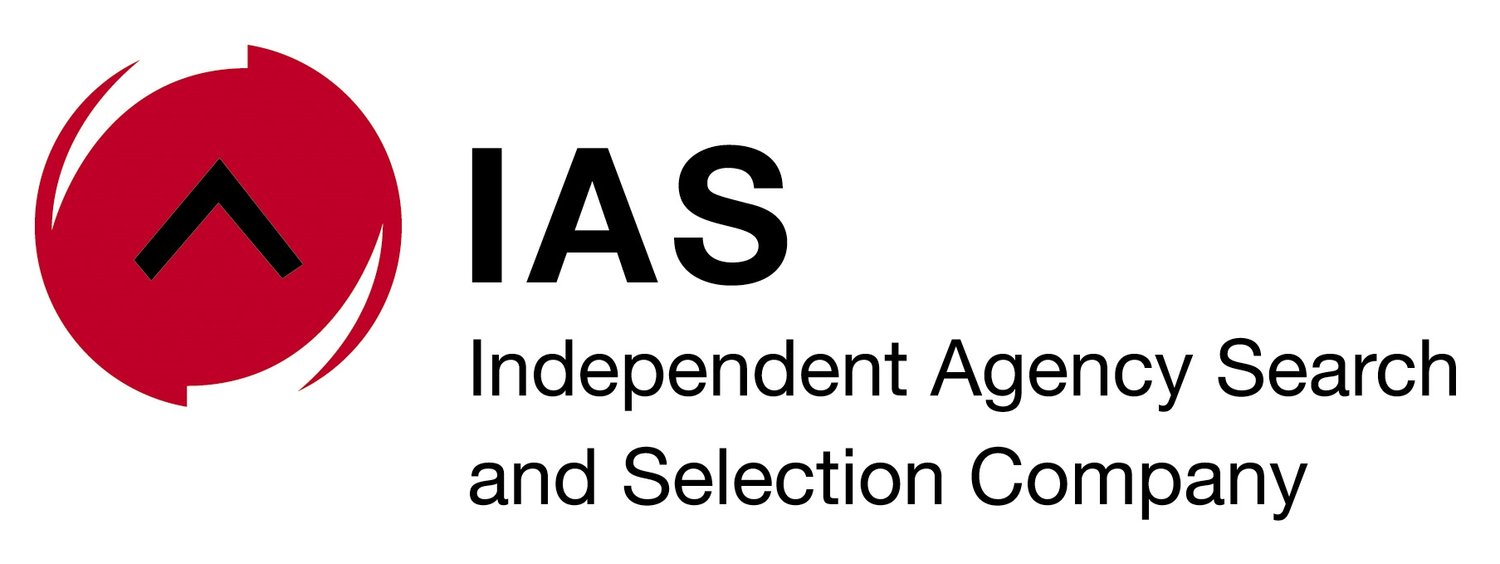Intermediaries are playing a bigger role in contract negotiations, online and offline.
Intermediaries have become more important, and their scope has broadened to accommodate a number of operations companies would ordinarily have taken on themselves. One area of intermediaries’ knowledge that marketers are making the most is in contract negotiations.
This is a vital part of the new relationship, as the tone of the discussion or a word used out of context can easily damage a relationship before it gets going.
As an intermediary, the Independent Agency Search & Selection Company (IAS) plays a pivotal role in ensuring the correct key performance indicators (KPIs) for performance management are included at the start of contract negotiations, thereby ensuring clarity on what must be achieved and how this achievement can be measured. If this is not given enough thought upfront, it is likely to affect the relationship down the road.
Where trust is questioned, discussions will usually not run smoothly, and where negotiations about financials previously took place largely through a series of emails, tone was easily misread and integrity placed in question.
With virtual communication now so commonplace, the cyber face-to-face discussion is as meaningful as being in the same room with all parties. Virtual can, however, prove challenging when, for example, not all cameras are turned on for a more open, engaging meeting where all parties feel comfortable.
To maintain transparency and keep everyone on track, the savvy intermediary will use their well-honed people skills to work through the small issues and get the job done.
Intermediary as the touchpoint
Under the conditions set out by pandemic protocol, the intermediary is the touchpoint that provides impartial information to all stakeholders and brings to the table an in-depth knowledge of the agency: client needs, expectations and the actions that best allow for this to be managed.
They also bring expert understanding of realistic resourcing required to meet contract objectives and outcomes. Their role is to manage expectations and ensure frustration does not derail the process, by implementing their knowledge of the companies involved, requirements and individual players’ specialised skills.
The trust marketers are placing in intermediaries when choices are determined by outside forces is well earned, and with the intricate negotiations contracts demand, every marketer should be asking themselves, “What should we be looking for in an agency intermediary?”
The answer, I believe, must begin with “an entity we trust”.

